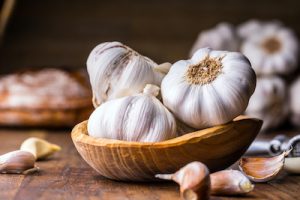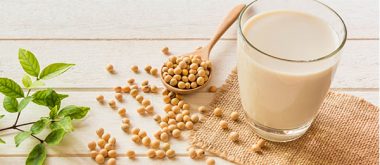Substances known as beta-blockers might play an important role in both men’s and women’s health, especially as they age.
Beta-blockers are medically categorized as beta-adrenergic blocking agents, counteract the impact of hormones such as adrenaline.
Systemic Impact
Adrenaline, scientifically classified as epinephrine, is considered a “stress hormone.” The body releases elevated concentrations of these substances when the individual in question experiences time of increased tension or danger. When processed in short spurts, these chemicals can help people remain alert and execute actions necessary for their preservation in challenging circumstances.
Unfortunately, however, when systemic concentrations remain high, as in times of chronic stress, stress hormones can have a potentially detrimental effect on the body. Heightened tension can prove harmful for many bodily tracts. However, the cardiovascular system is particularly sensitive to these occurrences. If not controlled, potentially serious conditions such as high blood pressure and a host of cardiovascular tract maladies could ensue. Moreover, elevated internal levels of adrenaline could precipitate the development of mental ailments like anxiety and depression.
Medical Preparations
For individuals diagnosed with health problems such as high blood pressure, circulation issues, blood vessel disorders, irregular heartbeat and mental manifestations, beta-blocker drugs might be prescribed as a therapeutic protocol. However, some of these preparations can have unpleasant side effects.
Natural Beta-Blockers
Fortunately, there are numerous natural substances that perform systemic functions similar to chemically contrived beta-blockers. Such products include the following:
Plants and Herbs
Many naturally-grown plants and herbs contain beta-blocking properties

Research has concluded that the flowers, roots, leaves and berries of this small tree native to Europe have proven effective in treating high blood pressure. This effect occurs because the substance produces a diuretic effect that controls the body’s water balance and stimulates blood flow.
Extracts from the components of this tiny plant native to Southeast Asia contain substances known as flavonoids. These chemicals have been known to mimic the impact of beta-blockers and have proven effective in remediating issues such as anxiety, heart arrhythmias, chest pain from various heart ailments and high blood pressure.
Nutrients
Healthcare professionals and nutritionists also suggest that those facing certain cardiovascular ailments might consider consuming foods containing nutrients that research has shown could combat such issues.
These nutrients include the following:
These chemicals are among the most powerful nutrients that can be consumed. They are most known for combating systemic inflammation. Inflammation often precipitates the onset of many illnesses, most notably blood vessel disorders, heart attacks, strokes and high blood pressure. The highest concentrations of antioxidants are found in fruits and vegetables.
This chemical has been noted for its ability to help control blood pressure levels. Bananas, fish, potatoes and dairy products are considered to be good sources of potassium.
This chemical is an amino acid. Amino acids are the basic units needed to formulate proteins. They are thought to stimulate systemic production of a vital substance known as nitrous oxide, which scientists believe precipitates blood vessel enlargement. Over time, this could reduce systemic blood pressure. L-arginine can be found in foods such as meat, poultry, leafy green vegetables and legumes like nuts and seeds.
This nutrient is thought to stimulate muscle contractions, which may help the heart pump blood more effectively. Edible items such as nuts, whole grains, dark chocolate, avocados and beans contain elevated quantities of the substance.
These “healthy fats” are well-known for their positive effect on the body’s blood-clotting process, reducing concentrations of the plaque that collects in blood vessels and that can contribute to heart attacks and strokes, diminishing occurrences of high blood pressure and ebbing systemic inflammation. These products are abundant in many types of fish.





